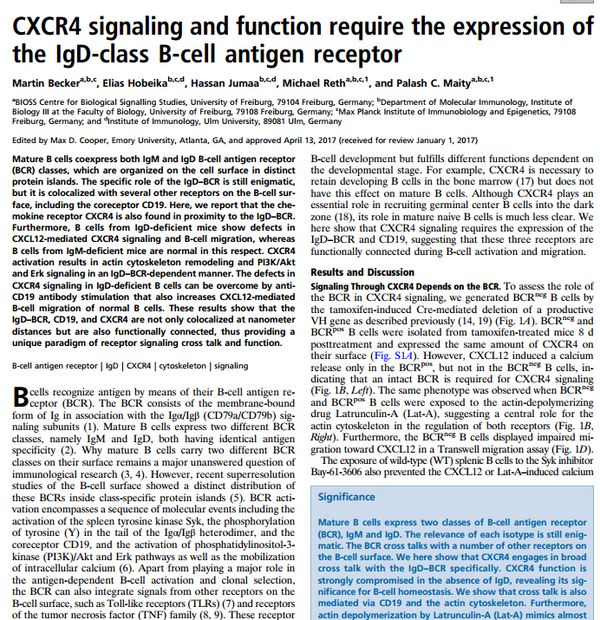Stratégies alternatives de maintien de l’ordre : Rapport coût-efficacité des avertissement pour les infractions liées au cannabis
Une telle politique ne conduit pas à une augmentation de la consommation et coûte considérablement moins cher. Pour en savoir plus, en anglais, veuillez lire les informations ci-dessous.
Abonnez-vous à l'Alerte mensuelle de l'IDPC pour recevoir des informations relatives à la politique des drogues.
Background
There is increasing international interest in alternatives to the use of arrest for minor drug offences. While Australia has been at the forefront in the provision of diversionary programs for minor drug offences there remain key gaps in knowledge about the cost-effectiveness of different approaches. Here we set out to assess the cost-effectiveness of cannabis cautioning schemes whereby police refer minor cannabis use and possession offenders to education and/or treatment instead of arresting and charging them.
Results
There were 195 respondents who reported being arrested for a cannabis possession/use offence and 355 who reported receiving a formal cannabis caution. After matching on a range of characteristics (age, prior criminal conviction, cannabis consumption, employment status, self-reported criminal activity prior to detection, severity of dependence) there was no statistically significant difference in cannabis use pre- and post-police intervention between the two groups(N = 544). After matching and bootstrapping the costs there was a significant difference in costs; the mean cost for the charge group (net of fines) was $733 (SD 151) and $388 (SD 111) for the caution group.
Conclusion
These results indicate that after matching on a range of relevant characteristics there were no differences across groups in the change in self-reported cannabis use days, but cannabis cautioning was less costly than charge/arrest. These results add to the evidence about the efficacy and desirability of alternatives to arrest both within Australia and abroad.
Click here to read the full article.
Keep up-to-date with drug policy developments by subscribing to the IDPC Monthly Alert.
